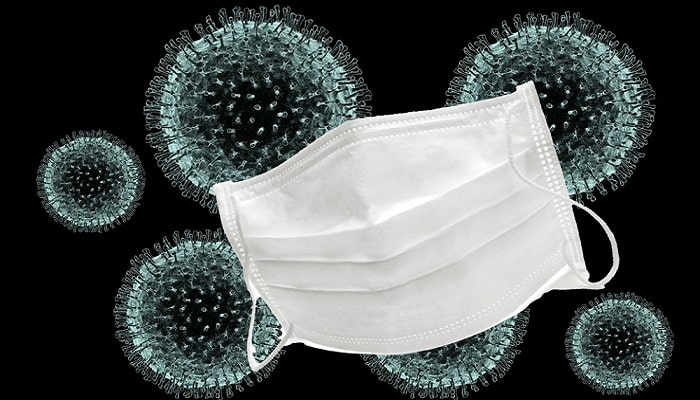Medline Industries has agreed to reprocess 100,000 N95 respirators and other face masks per day in its facilities beginning as early as this week.
The process that Medline plans to use is close to receiving FDA emergency use approval (EUA) and will supplement the more than 38 million masks the company has distributed on average each month in 2020, according to Northfield, Ill.-based Medline.
Medline CEO Charlie Mills agreed to the deal during a White House supply chain roundtable on Sunday. Last week, the company reopened the medtech sterilization section of its Waukegan, Ill. plant after investing $10 million in upgrades to control emissions of the carcinogenic sterilant gas ethylene oxide. Privately owned Medline voluntarily halted sterilization at the Waukegan plant in January to perform the upgrades in order to comply with a state EtO emission-control law that went into effect in 2019.
“The healthcare systems of America are doing heroes’ work right now, and Medline will do all that we can to help them take care of patients and themselves through the pandemic,” Mills said in a news release. “Whether it’s converting manufacturing capabilities to produce hand sanitizer or developing a creative way to renew face masks, we are pursuing every opportunity to make a difference.”
The company already has distributed 15 million more masks to healthcare providers so far this year than in the first quarter of 2019, and its trucks are making thousands of deliveries per day to healthcare providers across the country, Medline said.
This month, Medline began air-freighting personal protective equipment (PPE) to the U.S. to cut three to four weeks out of the typical supply chain cycle. Medline also doubled its production of reusable face masks and surgical gowns to supplement PPE supplies.
“We realize our critical role in healthcare, and I can speak for every employee of Medline when I say our top priority is to get more PPE and other medical supplies into the hospitals, nursing homes and physician offices caring for patients.” Mills said. “This is an unprecedented time, and we won’t stop until we’ve done everything we can to help defeat COVID-19.”


















